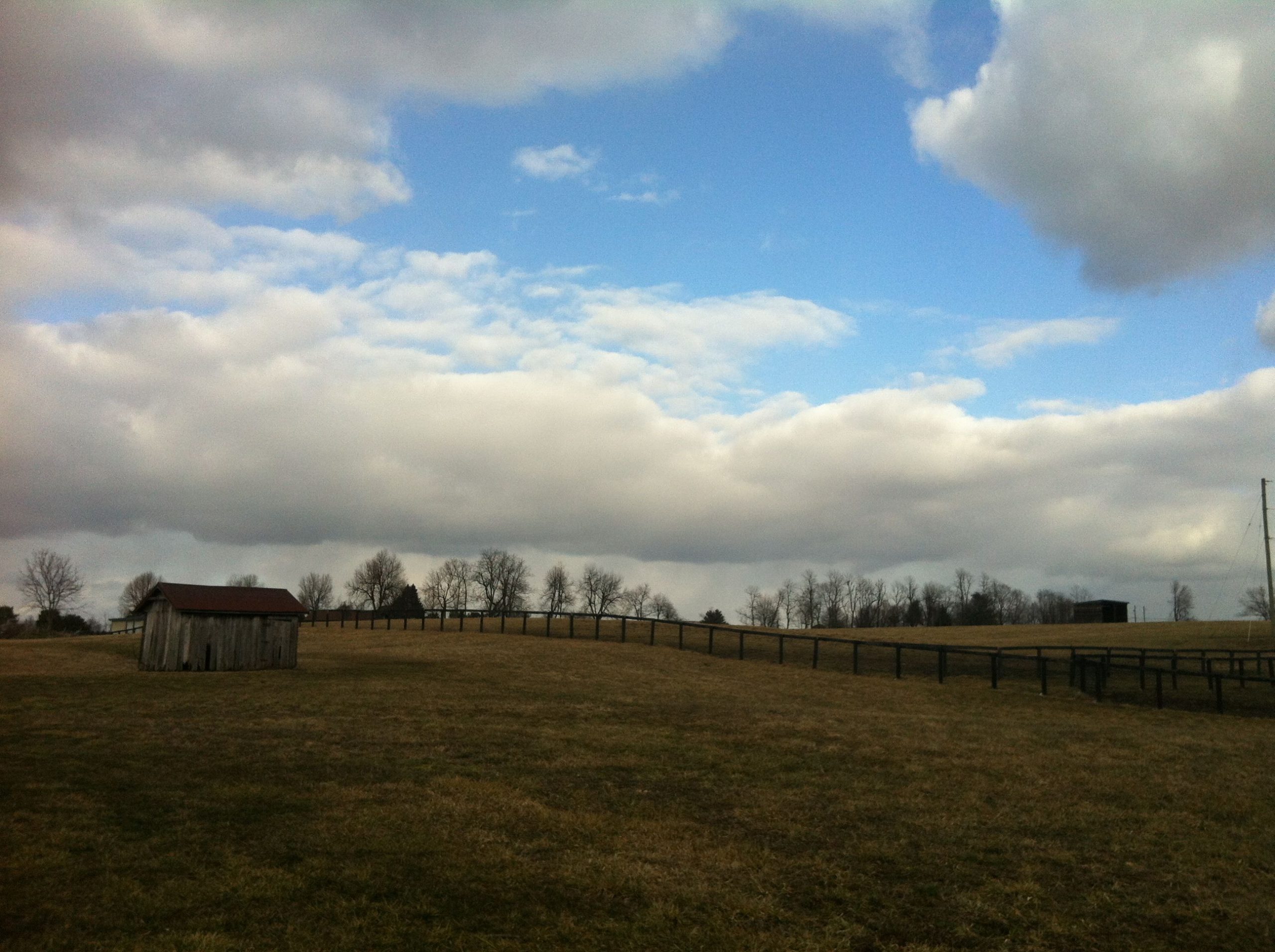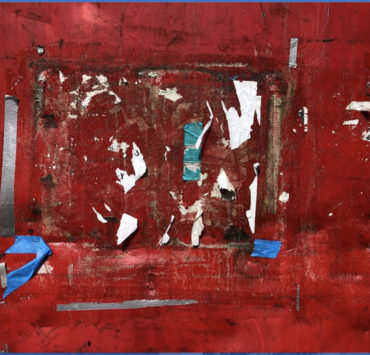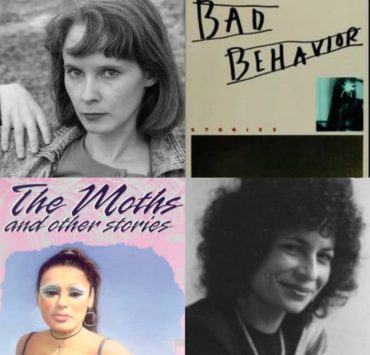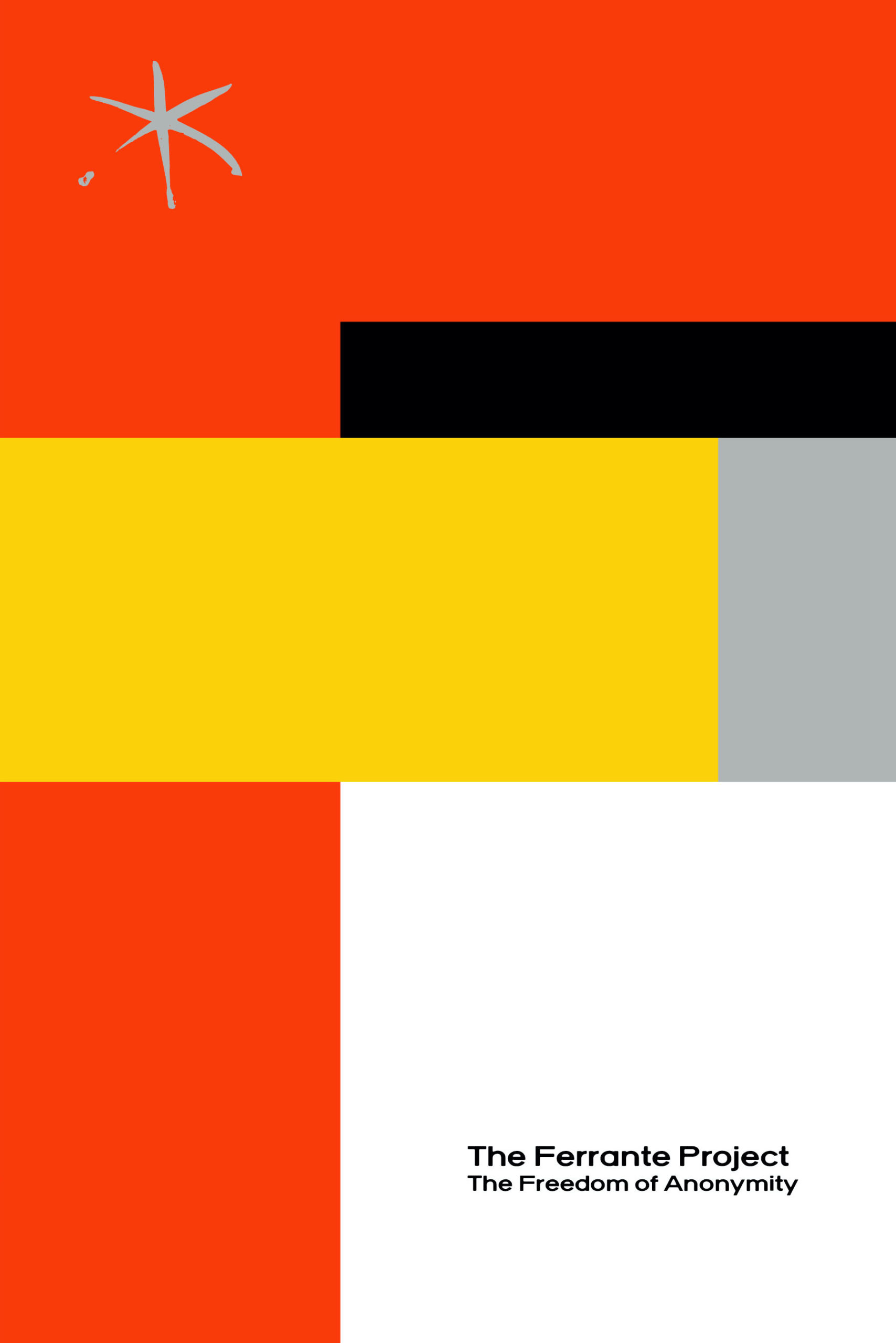
We, the editors for The Ferrante Project, having finished a bottle of Mezcal in one of our kitchens, out of a burning desire to unshackle ourselves from the anxiety of notoriety, to restore a sense of play, to contraindicate the cult of personality, posturing, and preemptive celebrity at the expense (sometimes) of the quality and provocation of the work itself, hereby announce a collective.
Because we admire Elena Ferrante for her extreme excavation of previously unexplored material–female friendship–and also denounce the asshole who worked to expose her identity, the following questions arise for us: What is the benefit of being anonymous for a woman? What kind of freedom and possibility can writing anonymously offer to women writers, and in particular to women writers of color? Regarding anonymity, Ferrante said, “I simply decided once and for all…to liberate myself from the anxiety of notoriety…thanks to this decision, I have gained a space of my own, a space that is free, where I feel active and present.”
The Ferrante Project: The freedom of anonymity, brings together sixteen women writers of color (alongside sixteen visual artists in a linked project with the Warhol Museum in Pittsburgh, Pennsylvania).
This inaugural literary issue brings women writers of color to anonymously contribute new works as an investment in possibility and the possibility for failure. Although most of us felt prompted by a need to step out of prescribed roles as mothers, professors, organizers, and spokeswomen to write liberated from expectations and duty, common themes in the work for this project include physical decline, menopause, mental health, resentment, and rage against patriarchy.
Though some of us disagreed about the accuracy of using the term “anonymity,” when naming the members of the collective, the majority of us decided to do so in service of the project where working anonymously as a collective will create a productive and charged tension between the freedom of writing anonymously and the possibility of being discovered.
The Editors
The Ferrante Project is a collaboration between CAAPP: The Center of African American Poetry and Poetics and Aster(ix) Journal.
Contributors Include:
Cathy Linh Che, Angie Cruz, Natalie Díaz, Ru Freeman, Sarah Gambito, Cristina García, Jamey Hatley, Dawn Lundy Martin, Ayana Mathis, Vi khi nao, Aimee Nezhukumatathil, Deborah Paredez, Khadijah Queen, Emily Raboteau, Paisley Rekdal, and Lyrae Van Clief-Stefanon.
Cover design: Amanda Tien
The Works
- The Day of Relinquishment | Nonfiction
- The Agreement | Fiction
- Self Portrait | Poetry & Visual Art
- The Patient Records | Nonfiction
- Black Oximeter | Fiction
- Notes on Writing about Sexual Violence | Nonfiction
- I Follow my Intuition | Poetry
- A LOVE STORY | Fiction
- Detroit | Poetry
- Tender | Fiction
- Death of a Family | Nonfiction
- Empire Building Requires History | Poetry
- Untitled Excerpt | Fiction
- Ventriloquist Museum | Poetry & Fiction
- Spinal Column | Nonfiction
- Nation of Poets | Poetry
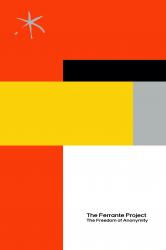
The Ferrante Project: A collective of 16 women writers of color experimenting with freedom, anti-fame, and anonymity. Contributors include: Cathy Linh Che, Angie Cruz, Natalie Díaz, Ru Freeman, Sarah Gambito Cristina García, Jamey Hatley, Dawn Lundy Martin, Ayana Mathis, Vi khi nao, Aimee Nezhukumatathil, Deborah Paredez, Khadijah Queen, Emily Raboteau, Paisley Rekdal, and Lyrae Van Clief- Stefanon.



